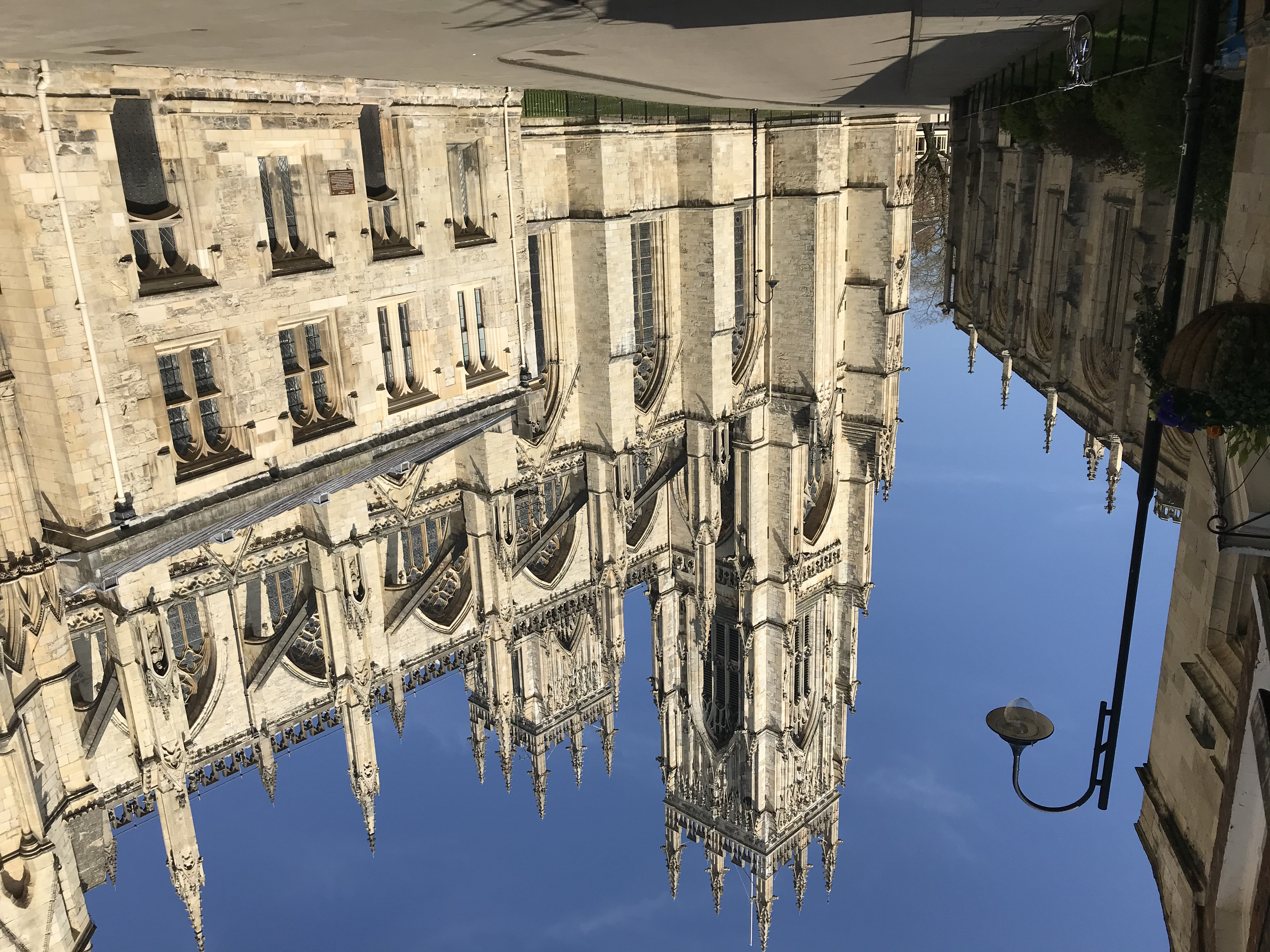AMLaP (Architectures and Mechanisms of Language Processing) 2022

Wednesday 7 September 2022, 9.00AM to 9 September 2022
The 2022 edition of the AMLaP (Architectures and Mechanisms of Language Processing) conference is being hosted by the Department of Language and Linguistic Science at the University of York. The event will take place between 7-9th Sept 2022.
The conference will consist of four invited lectures, a set of 30 minute presentations (20 minutes talk, 10 minutes for questions), and a series of poster sessions. AMLaP 2022 will proceed as a hybrid conference with an in-person core: talks will be delivered in person, with both virtual and in-person poster sessions. We are committed to making AMLaP an accessible conference for those who can only attend remotely. Plenary talks will be live-streamed and recorded, and remote participants will be able to submit questions in parallel with our in-person attendees. In-person posters will be made available online for those who can't stroll through our local gallery.
Abstracts
16 March: Submissions open
6 May: Submissions close
Registration
1 July: Early registration opens
1 August: Early registration ends
Organising Committee (Department of Language and Linguistic Science)
Eleanor Chodroff, Silvia Gennari, Nino Grillo, Catherine Laing, Heather Marsden, Sven Mattys, Leah Roberts, Shayne Sloggett, and Joel Wallenberg.
For contact information please check the Department of Language and Linguistic Science Academic Staff page.
Special session: Integrating expectations across levels of representation
Much current work in psycholinguistics emphasises the role of expectation and prediction/predictability in language processing. However, this work tends to operate on individual levels of representation; the phone, morpheme, word, sentence, and broader discourse are all levels at which expectation and prediction can be targeted. So what happens when these come into conflict? How do language processors navigate expectations among different kinds of representations, or do they even differentiate among these expectations in the first place? These are the kinds of questions we hope to address in the special session of AMLaP 2022.
Invited Speakers
- Jeffrey Bowers (Psychological Science; University of Bristol)
- Jakub Dotlačil (Artificial Intelligence and Linguistics; Utrecht University)
- Aditi Lahiri (Linguistics, Philology, and Phonetics; University of Oxford)
- Amanda Rysling (Linguistics; University of California, Santa Cruz)
For more information and call for abstracts please check the AMLaP 2022 website.
Location: University of York
